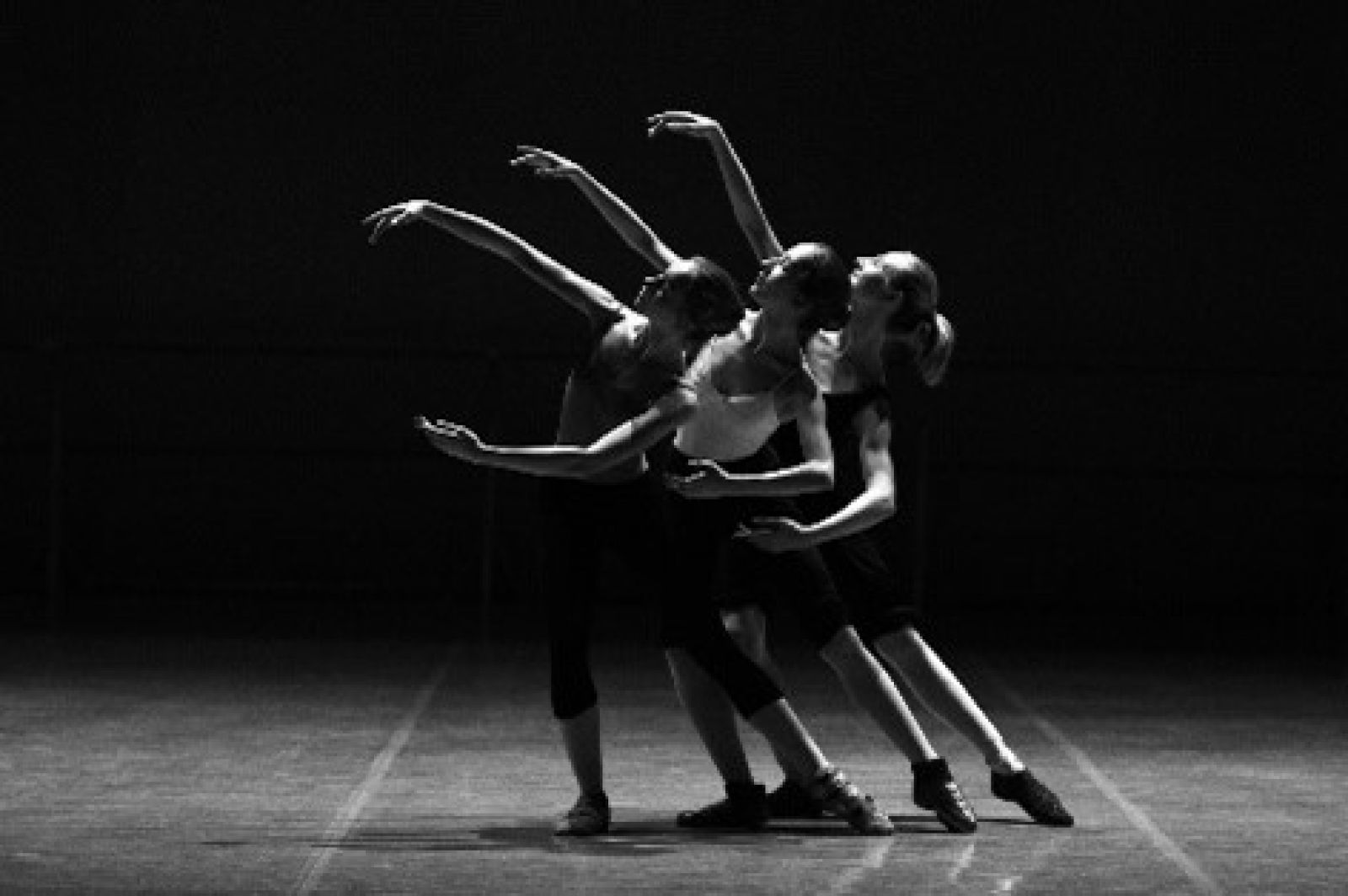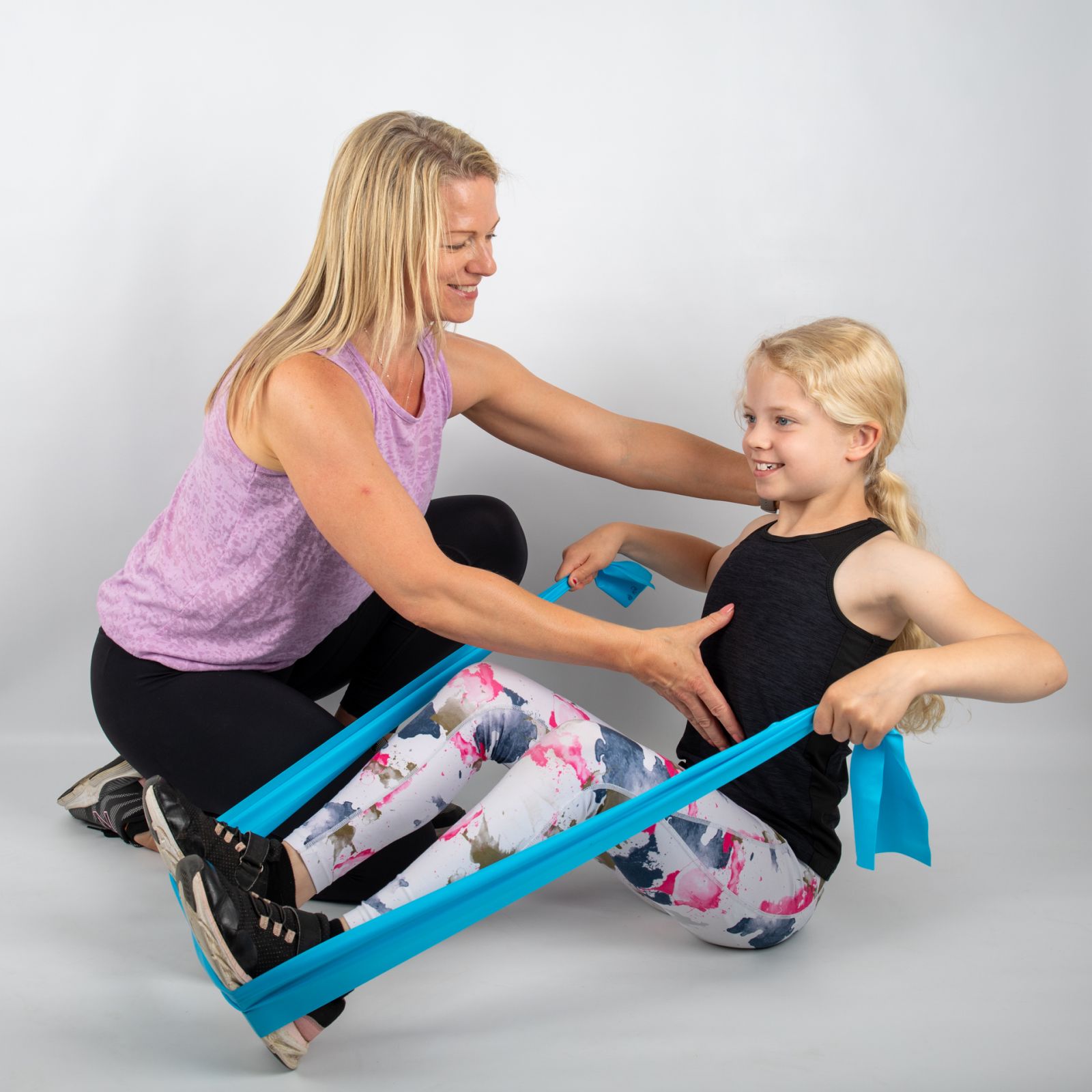Blog
Debunk a Myth – young dancers can strength train!

We know that strength training is good for us and good for dance, but what about youths? There is still some debate around whether strength training is ok for children and whether it can negatively affect their development.
Answering some questions on why young dancers should be doing strength and conditioning…
Dance Careers – My Perspective

Following on from my last blog, I have been thinking a lot about my career and the different opportunities that have been available to me.
Insight into my dancing journey

As I enter into my new venture with Performing Arts Development, with all the challenges that brings, I thought it would be good to delve into my journey and the reason why I am following this current path.